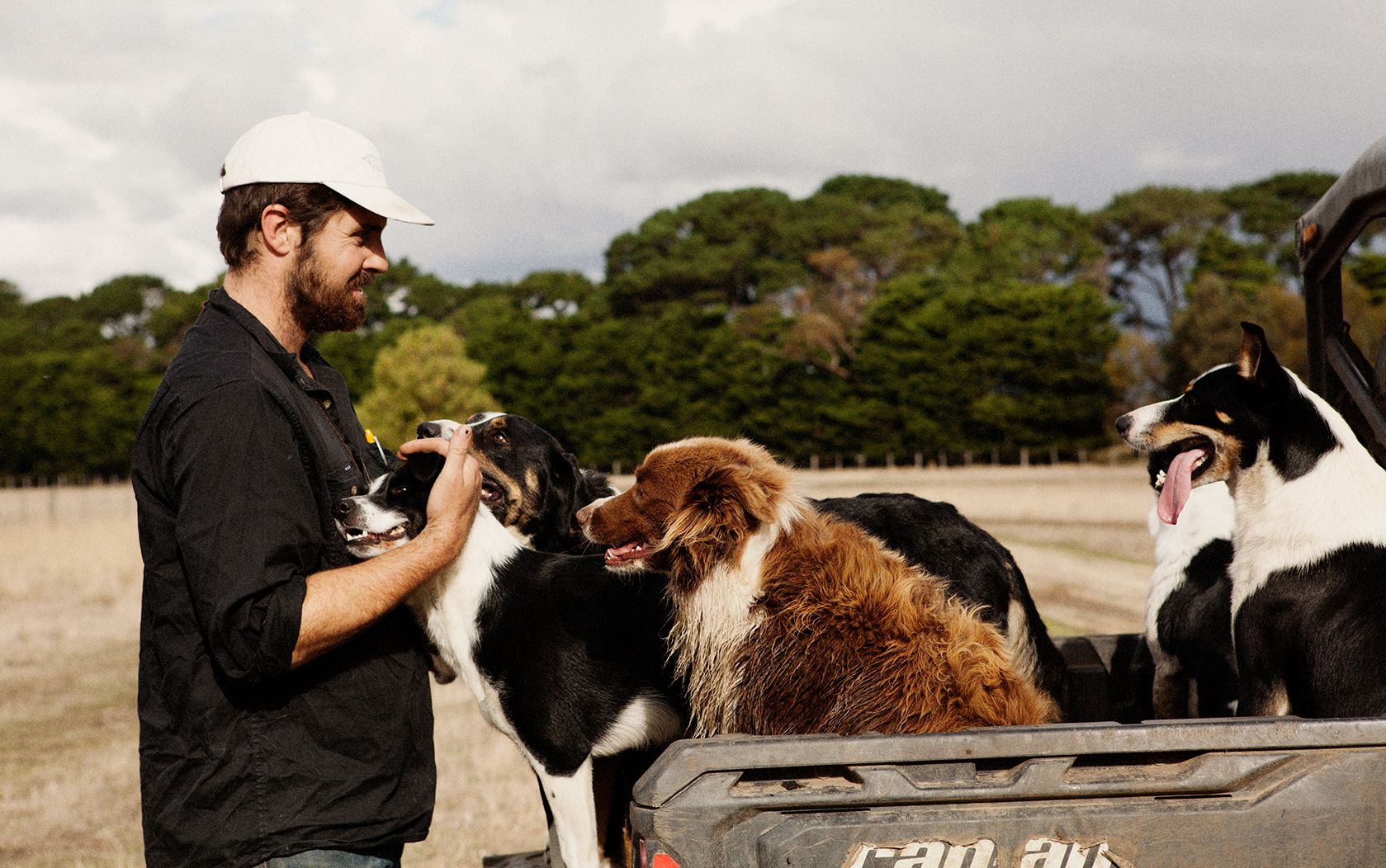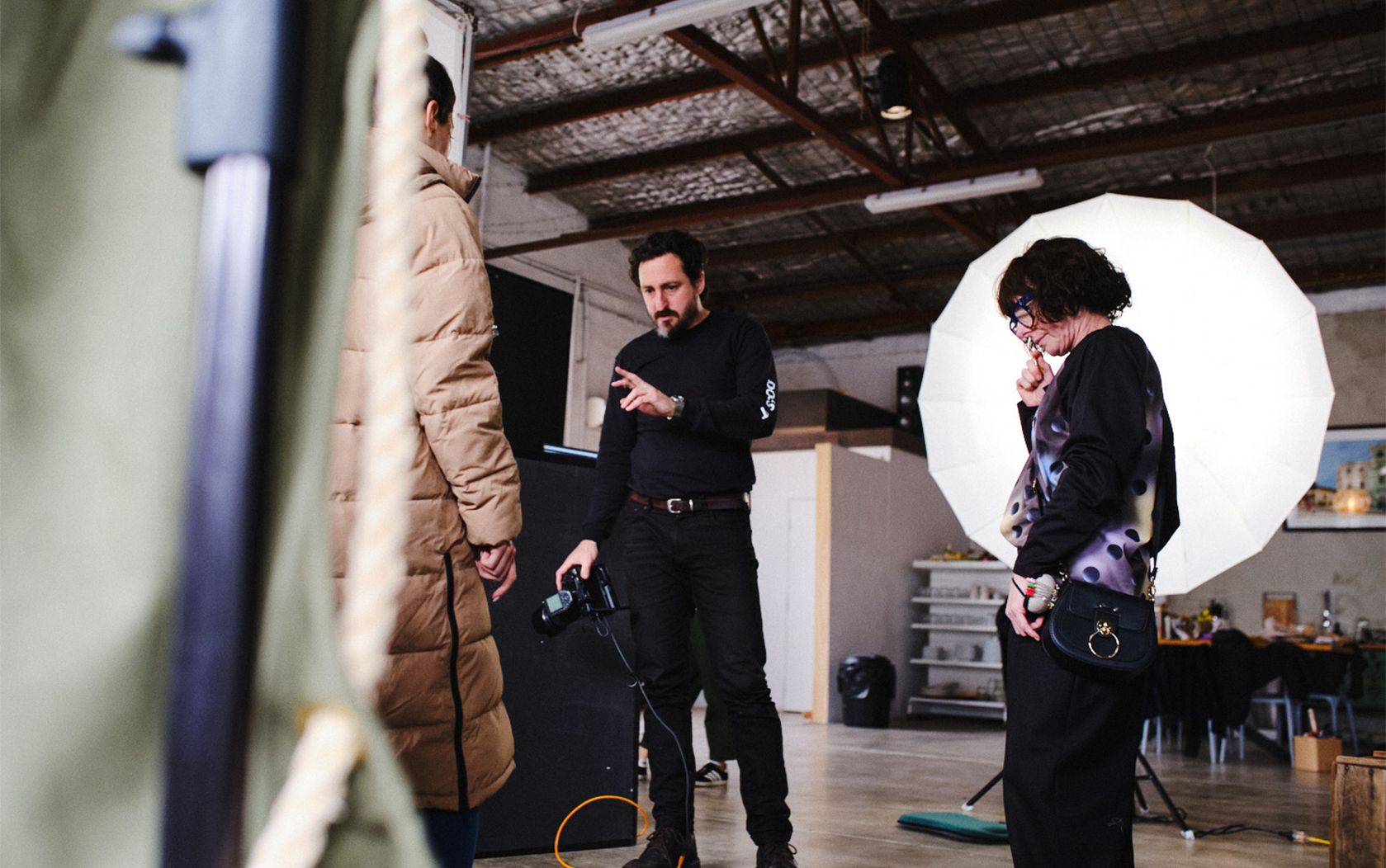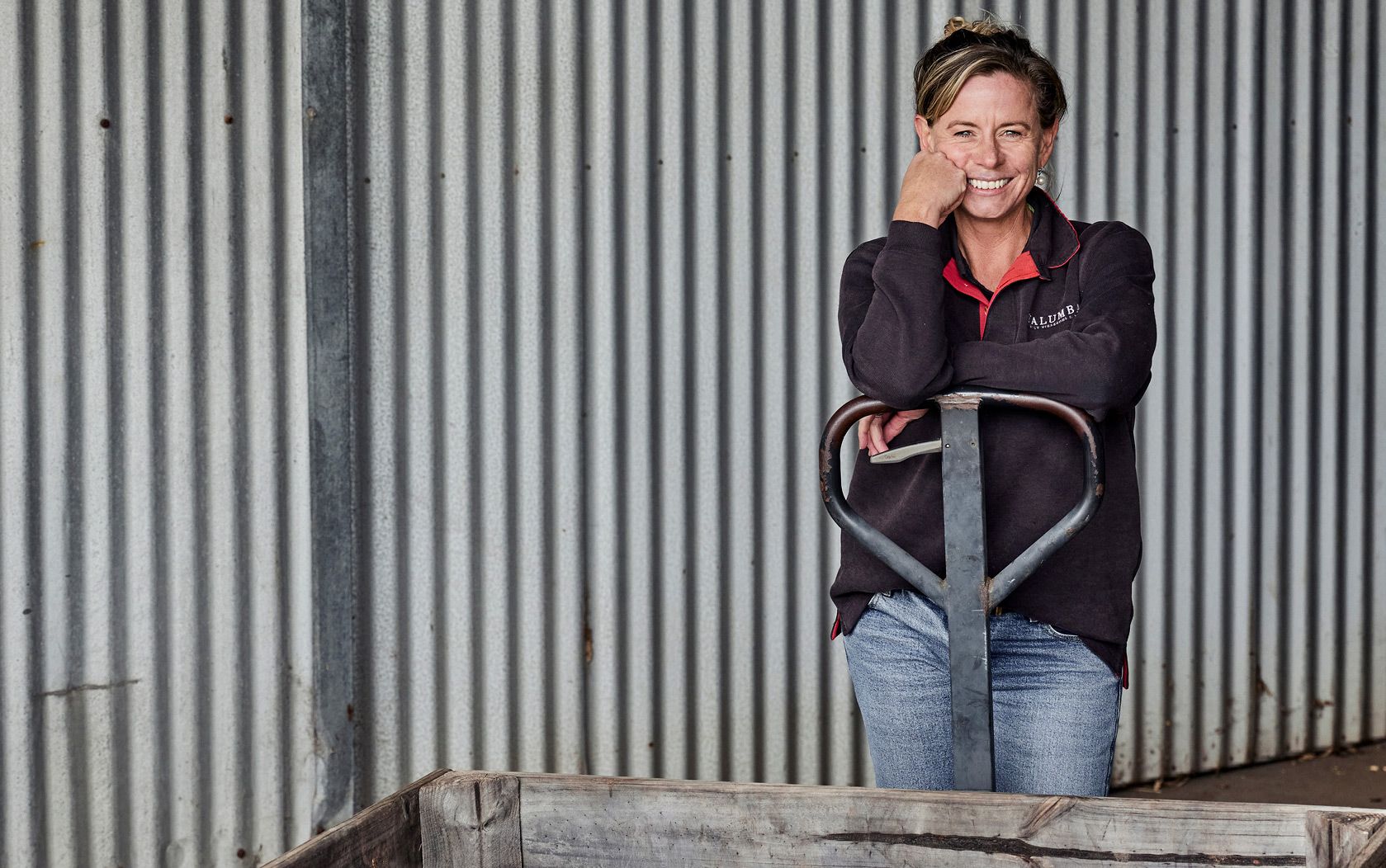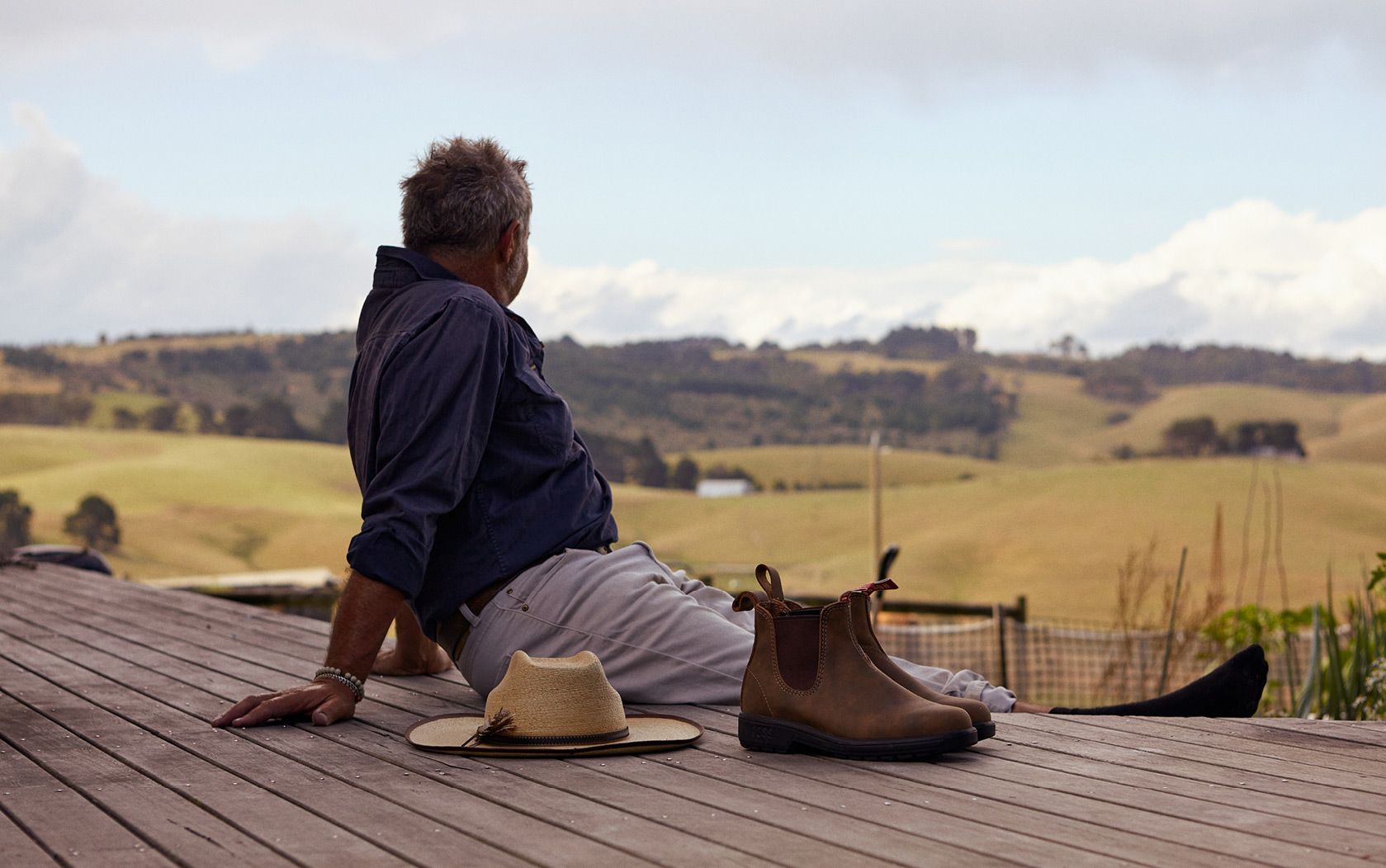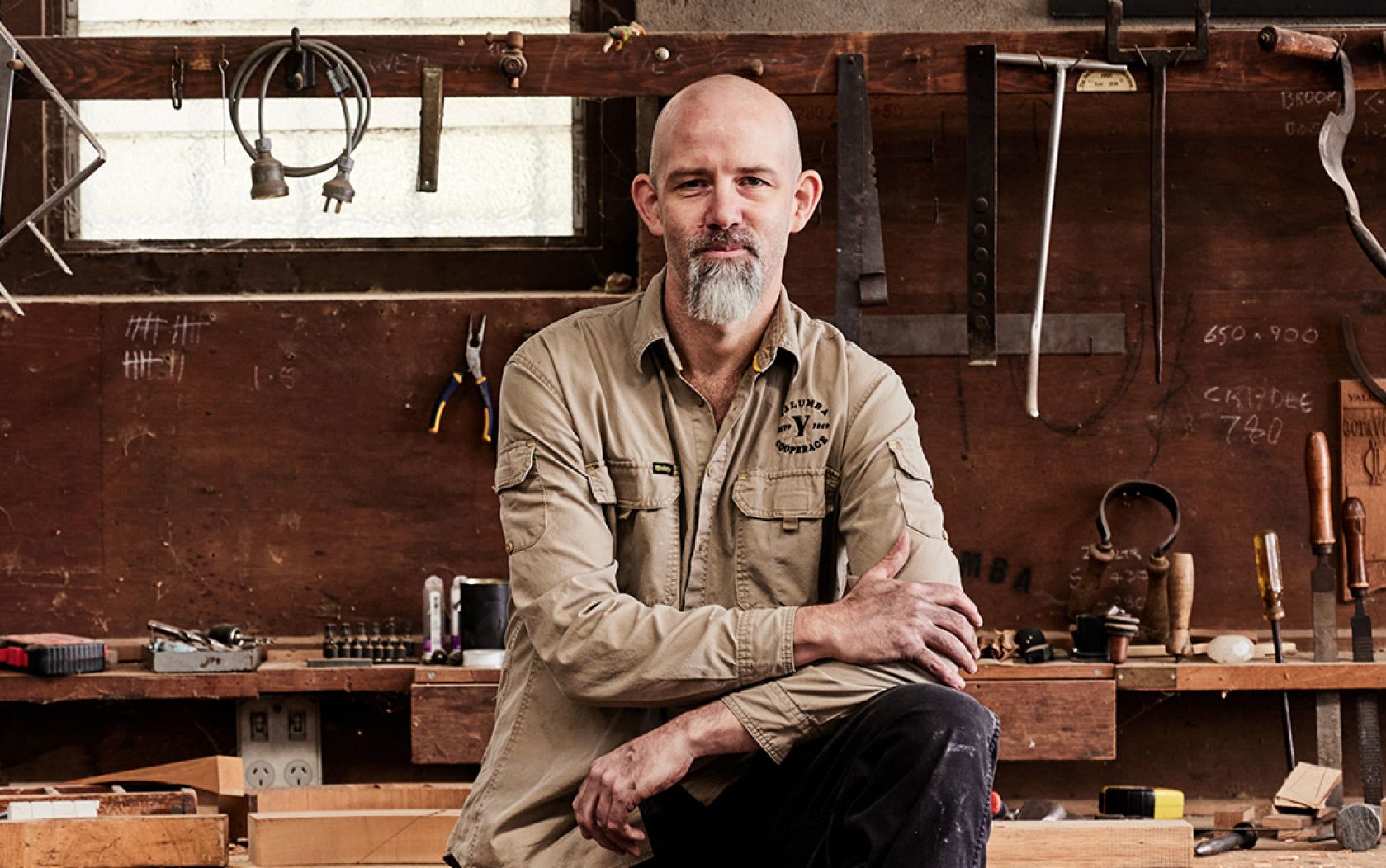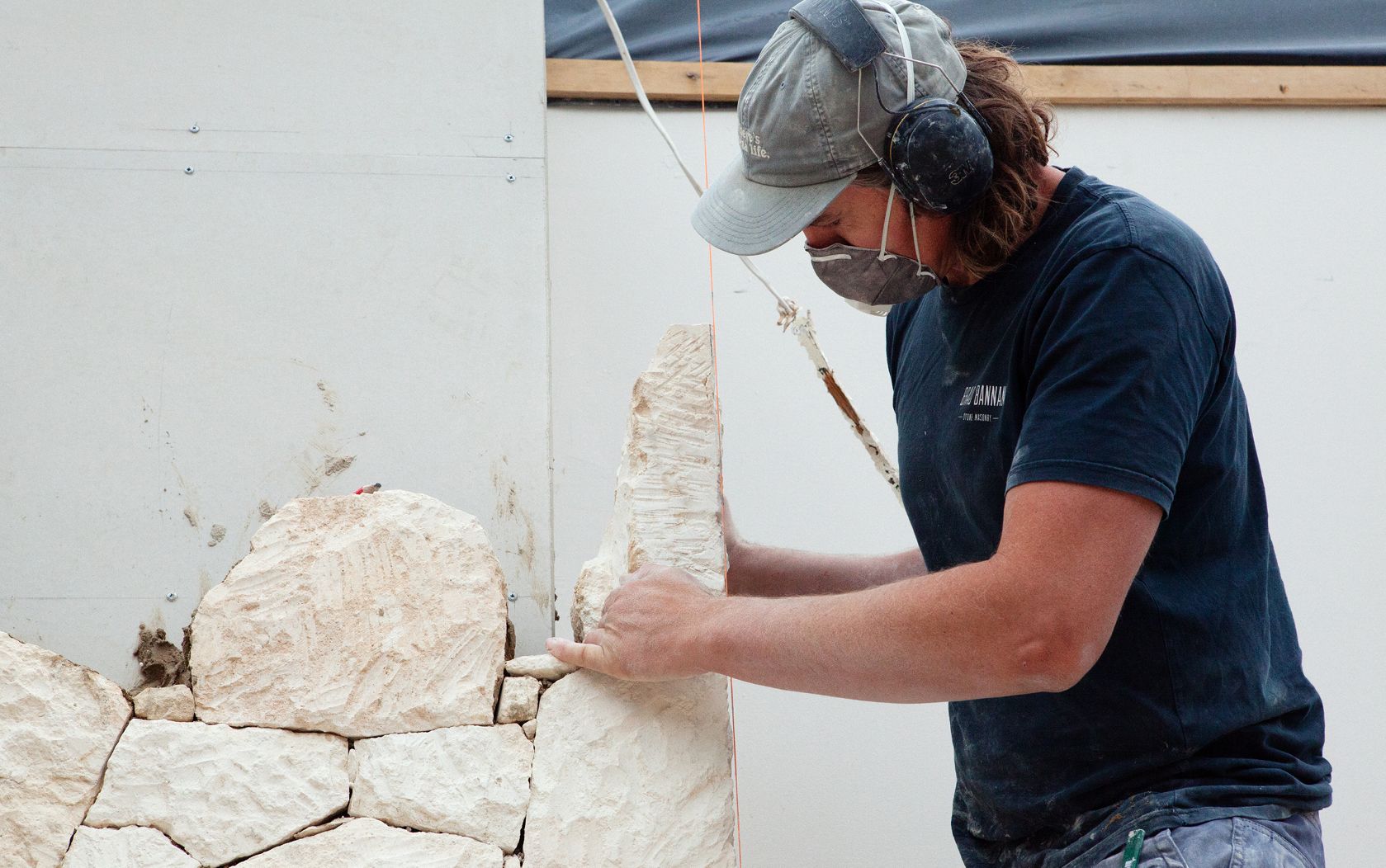In a region once famed for cultivating an abundance of assorted fruits as much as
for its wineries, Trevallie Orchard remains in the sub region of the Barossa at Eden
Valley – predominately producing apricots, apples and pears – restoring a tradition
that goes back five generations to the establishment of Yalumba. Sheralee Menz, who
oversees operations at Trevallie, shares the history of fruit growing around Angaston
and her passion for traditional food skills and locally grown produce.
In a region once famed for cultivating an abundance of assorted fruits as much as for its wineries, Trevallie Orchard remains in the sub region of the Barossa at Eden Valley – predominately producing apricots, apples and pears – restoring a tradition that goes back five generations to the establishment of Yalumba. Sheralee Menz, who oversees operations at Trevallie, shares the history of fruit growing around Angaston and her passion for traditional food skills and locally grown produce.
Can you tell us about the heritage of Trevallie Orchard and its connection to Yalumba?
Trevallie is one of the few commercial orchards still in operation in the Barossa Valley. The orchard itself dates right back to European settlement when Samuel Smith – a fruit grower and Robert Hill-Smith’s greatgreat-grandfather – stablished Yalumba, originally producing fresh, canned and dried fruit, as well as grapes. While the Hill-Smith family’s ownership of the orchard has a strong regional significance, it’s also full circle for their family to come back to growing fruit in the same way their ancestors did.
So what fruits are cultivated here today?
About eighty percent of the orchard is dedicated to apricots, which are cut and dried using traditional methods. They ripen around Christmas time, so the orchard is a hive of activity from late November into January, with all the fruit out in the sun on the drying green. We also produce dried pears in autumn, with fresh apples and pears available through the year. In winter, the orchard is dormant – all the trees have lost their leaves – which is when we’ll do the maintenance jobs. Come spring, the blossoms are out and the cycle starts again.
The Barossa is famous for its vines and wineries –
where do orchardists come into the picture?
Regionally, the Barossa was once a huge producer
of fruit – tinned, bottled and fresh – shipped out by
the tonne for both the import and domestic markets.
When the German and English settlers arrived, they
established all these mixed farms across the floor of
the Valley and into the hills up and around Angaston,
growing all sorts of premium-quality fruit. Then in
the 1980s, it became economically unviable to
produce and sell dried fruit locally. So, the growers
pushed their fruit trees out and planted grapevines
instead. Historically, the Barossa has this really
strong fruit-growing story; grapes were just one of
the fruits grown.
Can you tell us about the heritage of Trevallie Orchard
and its connection to Yalumba?
Trevallie is one of the few commercial orchards still
in operation in the Barossa Valley. The orchard itself
dates right back to European settlement when Samuel
Smith – a fruit grower and Robert Hill-Smith’s greatgreat-
grandfather – established Yalumba, originally
producing fresh, canned and dried fruit, as well as
grapes. While the Hill-Smith family’s ownership of the
orchard has a strong regional significance, it’s also full
circle for their family to come back to growing fruit in
the same way their ancestors did.
So what fruits are cultivated here today?
About eighty percent of the orchard is dedicated to
apricots, which are cut and dried using traditional
methods. They ripen around Christmas time, so the
orchard is a hive of activity from late November into
January, with all the fruit out in the sun on the drying
green. We also produce dried pears in autumn, with
fresh apples and pears available through the year.
In winter, the orchard is dormant – all the trees
have lost their leaves – which is when we’ll do the
maintenance jobs. Come spring, the blossoms are out
and the cycle starts again.
What are the greatest demands in producing a
seasonal product?
Every year there’s always something to manage and
mitigate in order to produce premium quality fruit
under changeable conditions. But one of the biggest
challenges we face as a society, and also as an orchard,
is that disconnection from our food source that people
feel. That we don’t know what it takes to produce that
apricot, or that apple. There’s the expectation that fruit
should be cheap, and look perfect and shiny, and be
available all year round. The convenience of supermarkets
is really important – and not everyone’s lucky enough to
have a heritage orchard on their doorstep – so how
do we produce something authentic that people will
resonate with?
I understand that you’re involved in both the running
and promotion of Trevallie?
As far as everyone at the Hill-Smith Family Estates
is concerned, if there’s something happening at the
orchard, they talk to me. While I don’t have much to
do with the growing as such, I’m still heavily involved
with all facets here and am very hands-on. I coordinate
the pruning and the pickers with the viticultural team,
work with the vineyard team who do the splashing and
spraying, and arrange what to do with the fruit once it’s
in the cool room. So we just say, I look after the orchard.
And you’re also the face of Trevallie at the Barossa
Farmers Market?
Yes, I run the stall every Saturday, and I’m also on the
board. Both these roles actually gave birth to an offshoot
project, Those Barossa Girls. Marieka and I met at
the Farmers Market. We found we shared a passion for
wanting to reconnect people to seasonal produce, and
we both did a lot of Fowlers bottling and preserving.
Our principal philosophy is promoting traditional food
skills, which I spend much of my personal time being
an advocate for. We also run workshops at the Market,
making heritage recipes using Trevallie Orchard fruit.
So, it’s kind of like this beautiful trilogy of all three
things working together – the orchard, the Market and
Those Barossa Girls.
So, have you found there’s a growing interest in
returning to traditional approaches?
Certainly after events like the massive bushfires, power
outages, and all the crazy stuff with supermarket
shortages when Covid came to town, people have been
starting to ask: ‘how can I create shelf-stable food’?
If you’ve ever grown fruit yourself, you’ll know that all
your apricots are going to be ripe in a three-day window.
So what are you going to do with them? Traditional
food skills are the answer to that. Our grandparents
knew it. They lived so much more sustainably than we
do. Preserving, pickling and fermenting were all very
normal and natural to them.
What are the most satisfying aspects of your role here?
One of the things I find most rewarding is the seasonal
immersion that comes with the job. I also consider it
an honour to be entrusted by the Hill-Smith family to
represent the brand, look after its heritage, and tell
the story. Another thing I love is that without Trevallie,
Those Barossa Girls wouldn’t exist – which fuels
everything about my personal passions in life.
That’s all of the satisfying stuff there!
Sincere thanks to Sheralee for generously sharing her delicious Dried Pear Chutney
recipe, and for inspiring us with an unswerving devotion to furthering great seasonal
produce. From Saturdays at the Barossa Farmers Market to weekdays at the
orchard, Sheralee is smitten with how well her Enduras work: ‘They are beautiful.
They’re so comfy and they look great.’ Made in Adelaide with iconic Air Cushioned
soles, these boots surely step up to any task or occasion.
Sheralee's Dried Pear Chutney Recipe
You will need:
300g dried pears, finely diced
4cm fresh ginger, finely grated
zest of 1 lemon
1 cinnamon stick
1 small onion, finely diced
1/4 cup currants
2 tsp mustard seeds
4 tbsp brown sugar
1 cup apple cider vinegar
1/2 cup water
Method:
Place all ingredients into an open mouth saucepan and bring to a gentle simmer. Cook until the onion is soft and the desired consistency is reached. Allow to cool then put in a jar and store in the fridge. You can remove the cinnamon stick if you like, or leave it in to continue infusing. If kept refrigerated, will safely last for 6 - 8 weeks.
Delicious served with cheese on a platter, or as part of a burger, or even as a condiment with BBQ meat.
Sincere thanks to Sheralee for generously sharing her delicious Dried Pear hutney recipe, and for inspiring us with an unswerving devotion to furthering great seasonal produce. From Saturdays at the Barossa Farmers Market to weekdays at the orchard, Sheralee is smitten with how well her Enduras work: ‘They are beautiful. They’re so comfy and they look great.’ Made in Adelaide with iconic Air Cushioned soles, these boots surely step up to any task or occasion.
Sheralee's Dried Pear Chutney Recipe
You will need:
300g dried pears, finely diced
4cm fresh ginger, finely grated
zest of 1 lemon
1 cinnamon stick
1 small onion, finely diced
1/4 cup currants
2 tsp mustard seeds
4 tbsp brown sugar
1 cup apple cider vinegar
1/2 cup water
Method:
Place all ingredients into an open mouth saucepan
and bring to a gentle simmer. Cook until the onion is
soft and the desired consistency is reached. Allow to
cool then put in a jar and store in the fridge. You can
remove the cinnamon stick if you like, or leave it in to
continue infusing. If kept refrigerated, will safely last
for 6 - 8 weeks.
Delicious served with cheese on a platter, or as part of
a burger, or even as a condiment with BBQ meat.
